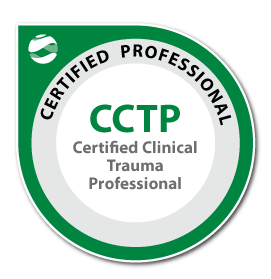Robert works with married couples, including civil unions, to truly help couples understand the roles that race, culture, ethnicity, communication styles, and individual needs play in marriage.
We are very interested in helping couples move beyond the struggles and conflicts that they are experiencing right now. We want to know what you have done to change your situation, and what has worked and not worked for you. We are careful not to duplicate what hasn’t worked for you in previous marital therapy.
Marriage counseling is available to help both of you enhance your communication. The more you can work together to solve problems, the healthier your relationship will be over the long term.
Clients often have more questions about marital counseling than any other form of therapy. To help put your mind at ease, we’ve provided answers to the most common questions we encounter.
What if only one member of the couple wants counseling, and not the other?
This is more commonplace than you think! It is perfectly all right that only one member wants to participate in counseling. Sometimes the other member does not think that marriage counseling will be useful, while other times they may be afraid, ashamed, angry, secretive, or too proud for marriage counseling. There may be a split in what each partner wants in their marriage: one partner may even be considering divorce while the other member wishes to remain married.
Is there a “right approach” to doing marital therapy?
There isn’t one “right approach” to doing therapy, as there isn’t one “right way” to live. We use many therapeutic approaches when meeting with couples and tailor marital therapy to respect everyone’s needs. We provide education on what research offers to improve marriages, and, in the case of Robert Smith’s experience, 40-plus years of clinical experience. It is important to know that all couples go through stages, changes, and conflicts. During these times of transition and change, it is important to learn how to ride the waves.
How can you help my marriage?
All married couples have interactional behavioral and communication patterns in their relationship. Paying attention to what patterns are useful and to repeat them can be very valuable. It is often easier to do more positive things than to STOP doing negative things. What we do, think, and feel that is positive can breed more positive.
If you believe that you and your partner can benefit from marital counseling, please contact Robert.



